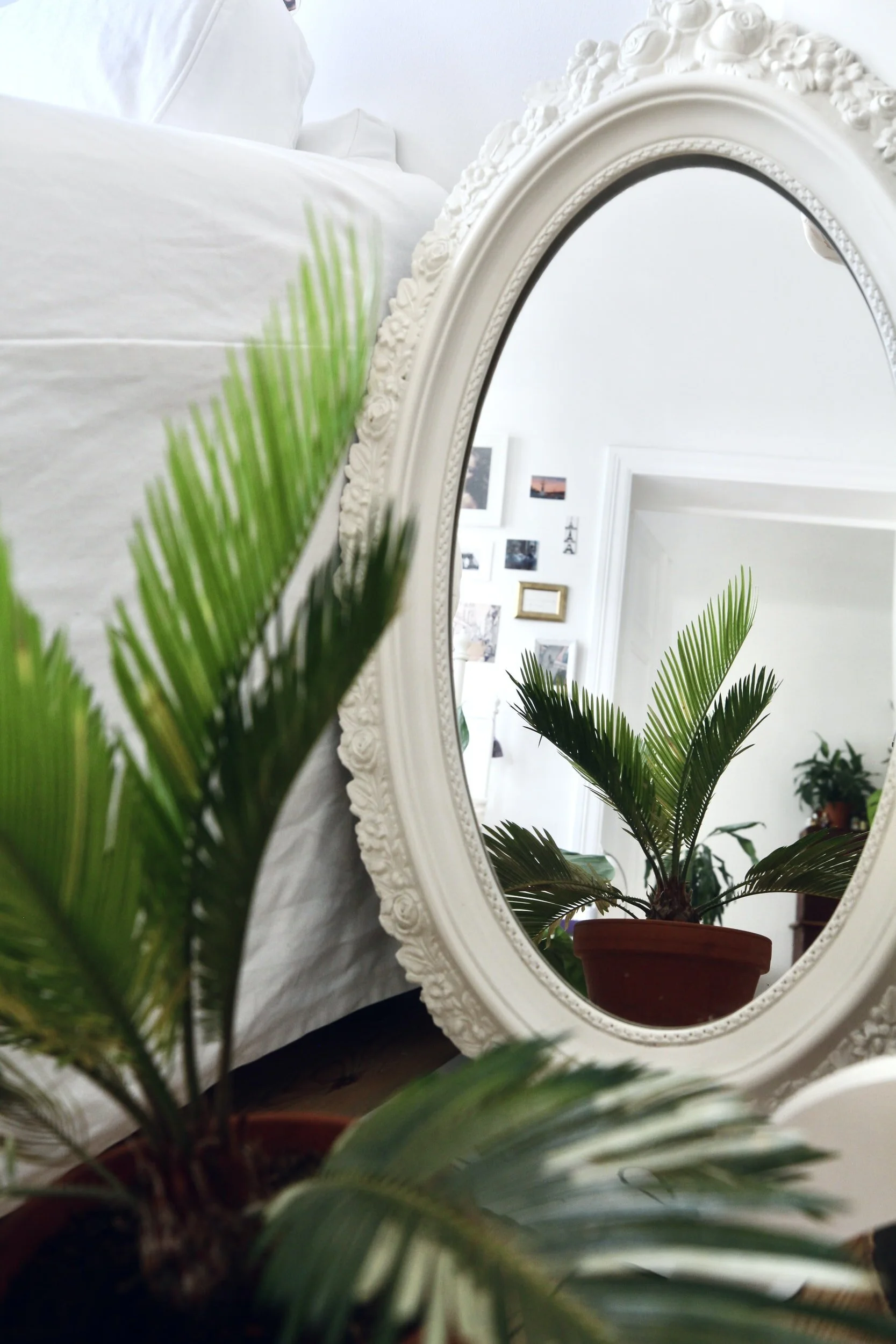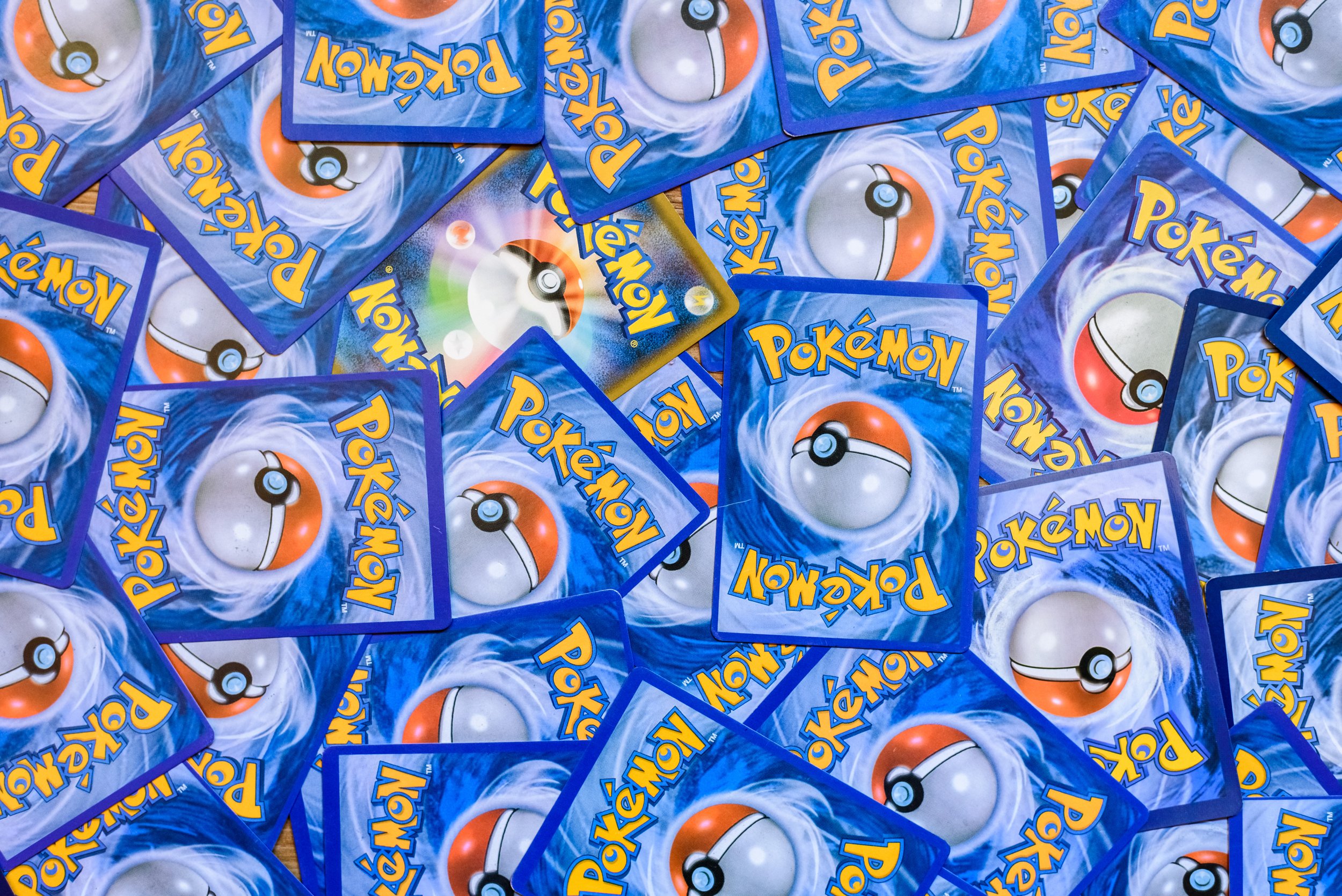The Mask of Accommodation: Confessions of a People Pleaser
I am a people pleaser. It is like an addiction and a choke around my neck.
I get high off the false sense of acceptance that it provides. I crave that pretense of validation. Negative emotions, conflict, and worst of all, the blow of being a disappointment to others causes me to crash. Only to rebound again from the intense hunger to be liked and appreciated, even by those unworthy of the kindest of affections.
It started small as most addictions do. Just a little agreeing here and there as a child to make my parents happy. A harmless white lie about my grandmother’s cooking, nothing too severe. Maybe tolerating a boring evening and saying that you had fun. No more than proper manners and hardly considered problematic.
But slowly, it grew. My dad would ask if I liked history class. “Hmm, I guess,” I said, knowing it was his favorite subject even though I was horrible at remembering all the dates. He would smile approvingly, and it fed the growing hunger.
I wanted to be a zookeeper when I grew up; that was my childhood dream job. But I was told that no child should want to be an exotic manure cleaner. So, I changed it. But just a little. How about a zoo manager, or maybe a director? How to find a way to keep my dream alive while pleasing my parents? Eventually, I moved on to other ideas and into those that fit even better within the accepted norm.
Sometimes it wasn’t a big deal. Chicken or beef? Potatoes or fries? The decisions hardly mattered to me, and it was easy just to pick what others were having for dinner.
“Stress, anxiety, and depression are caused when we are living to please others.”
– Paulo Coelho
But other times, the addiction proved dangerous. Dating the boy with an abusive side, afraid to break up because everyone liked him. And then, when I finally found the courage to do so, dealing with the withdrawal of approval that followed and the sting of their disappointment that felt far worse than my broken heart.
As I grew older, the addiction settled in with full force, accompanied by its even stronger sibling, self-doubt.
Agreeing to attend a luncheon that I didn’t want to. Wasting evenings attending boring events, while I pretended to be interested when asked by those that had insisted that I come. Taking on a co-worker’s project, even when I had too much other work on my plate. I tried to avoid ever asking for help or assistance because it might be bothering someone.
“There’s something very addictive about people pleasing. It’s a thought pattern and a habit that feels really, really good until it becomes desperate.”
– Anne Hathaway
Balancing the need for the next fix and trying to avoid the inevitable crash, there was a constant murmur of worry about what others might think or if I made a mistake. Apologizing for things that aren’t my fault because it keeps the peace. Doing my best to bottle all emotions and trying to hide my own needs.
But life happens, and conflict is natural. But I got anxiety from even the most minor of disagreements. Arguments can destroy me emotionally, leaving me overwhelmed and feeling completely responsible for the feelings of others. And so, I would do my best to avoid any and all confrontation. Which just fueled the addiction further.
“Care about what other people think, and you will always be their prisoner.”
– Lao Tzu
Somewhere, I don’t remember when I lost myself to it. I came to believe that the only way to be happy myself was to make those around me happy.
I got to the point that it was just second nature, and I didn’t even notice my people pleasing. Someone would ask me a question, and I would unconsciously search their eyes, their facial expression, looking for the right answer, not even stopping to think about what I wanted. Sometimes there was a pang of regret afterward, but it was quickly rationalized away, the addiction fueling the positive but false feelings of belonging and acceptance. That little voice of truth, of what I really wanted, became merely a mumble and so soft that I could barely make out the words anymore.
It’s a fake face that I wear. Work, friends, relationships, they only know the false mask of accommodation that I find so impossible to leave behind. They don’t see the real person, the one that I myself don’t even know anymore.
Authenticity means everything to me. It is the most precious thing that I have lost.
My overly agreeable nature towards family and friends clouds my memories. It’s hard to remember clearly who I was and who I really wanted to be. I am lost in the mirror, lost in who I have become, and lost about who I dream to be.
But I am in recovery.
I say no, or at the very least postpone a decision instead of an immediate yes. I try to let go of the guilt over the negative emotions of others, and I am learning to trust that it will be okay. I work on my boundaries and acknowledge my own needs. I strain my ears to hear that little voice inside.
“Freeing yourself was one thing, claiming ownership of that freed self was another.”
- Toni Morrison
Recovery means being honest with how we really feel and learning to trust ourselves. It means working on our self-respect and self-compassion to boost battered self-esteem. It means finding things to make us genuinely happy. It means learning to honor our own values and speak our truth.
Being authentic means that we have found our way back. It means banishing that succubus with her false promises of approval and lies of societal acceptance. Being authentic means that it is the real person, smiling back in the mirror. It means finding lost hopes and following our dreams.
It’s not an easy process. Some days we may find ourselves slipping, and it’s a steep mountain to climb. But one foot at a time, even if sometimes at a crawl, I know that we will reach that summit.
So, for tonight: pick your dinner, plan your evening. I choose to have salad and a cookie. And afterward, I’m going to spend my time playing a video game. It’s not terribly exciting and definitely not life-changing, but it is what I actually want. For us, that is a major step in recovery.
Say it with me: “I am a people pleaser, but I will find my way back home.”
What is your experience with people pleasing? Let me know in the comments.
Author:
Laurie Trueblood is a writer and life coach that enjoys fantasy, science, psychology, and everything nerdy. As the founder of Adventures to Authenticity, her mission is to help others level up and become the best versions of themselves.
Read more personal stories. Check out Being Authentic is F---ing Hard and X-Men and the Power of Being True to Yourself










